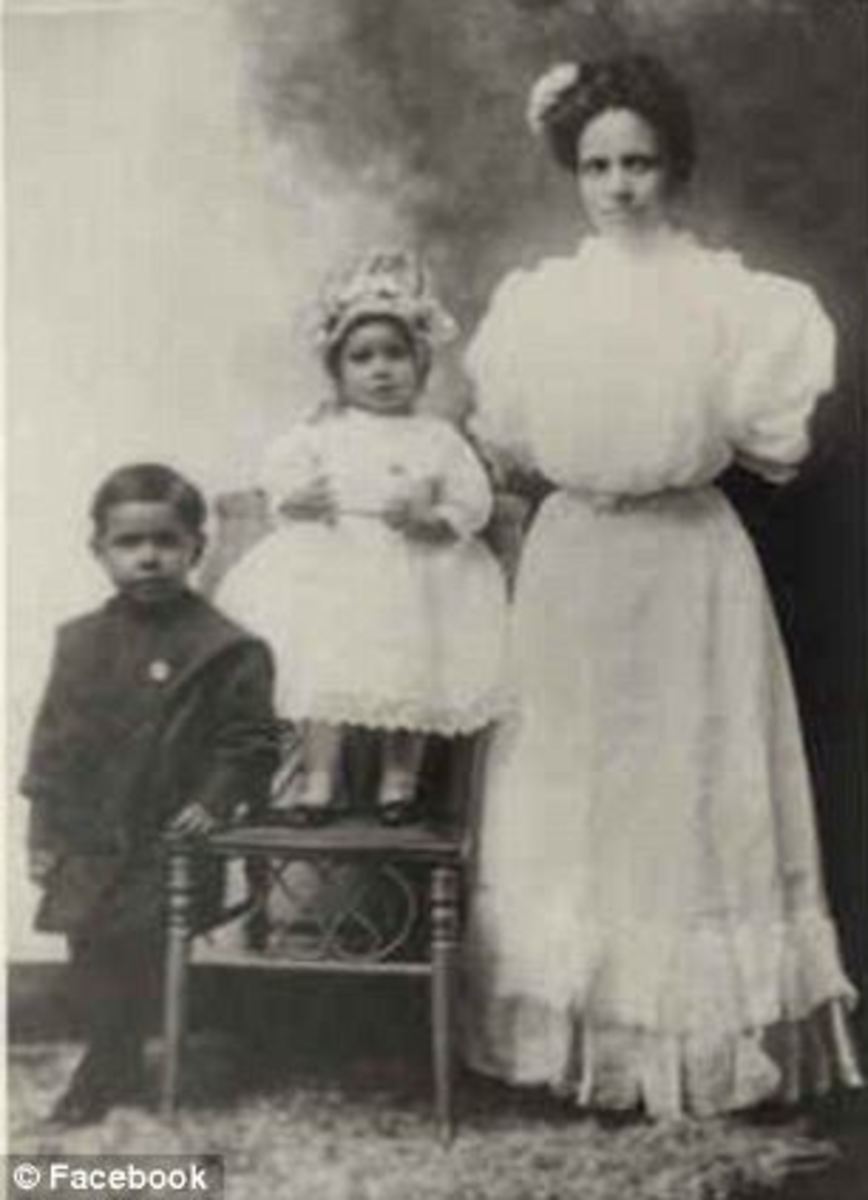The Invisible Whiteness Of Being White

Multicultural Counseling
Copyright 2004 VVeasey Publishing
10/26/09
This actually a reflection paper I had to write in a counseling class I took in 2003 dealing with counseling multicultural clients.
(Most the students were white females, about 20-30, and maybe 4 or 5 white males and 2 black males including me)
We had to write our reflections about an article we read in our textbook called “The Invisible Whiteness Of Being”.
These are my reflections on that article and what I learned about how some students reacted to discussing racial issues in the class.
The article was somewhat of an eye opener for me. Something I never really thought about (the invisible whiteness of being).
I guess because I'm an African American, a minority, and I'm used to my race being highly visible to myself and others, it just never occurred to me that white Americans wouldn't be equally aware of their race or hardly ever think about it at all.
Many white Americans are puzzled or can’t understand why many black Americans are more focused on race than they are.
Many are frustrated and angry that many black Americans attribute racial causes as the root of a lot of social problems for them as a group.
They just don’t think about race or have to think about it, because their race or skin color has never been a problem for them.
Psychologically their skin color is invisible to them.
It’s usually never something that anyone makes them aware of in a negative way. Many, unconsciously feel its normal to be white and have no reason to be unduly aware it.
Whereas, many black Americans don’t necessarily feel it’s normal to be black, because throughout the history of the United States, they as a group, have been made to feel it’s anything but normal.
Live Learning
I've learned that reading about the "invisible whiteness of being" and what it means to be white is one thing, and having the white students experience answering that question in the classroom is another.
A textbook gives students an intellectual experience of the concept, while grappling to answer the question in class, gives them an emotional experience that brings the lifeless concept in the textbook to life in the experiential reality of the classroom.
It creates emotional lightening, excitement, and movement of the students' psyches; sometimes mass movement, like an earthquake shaking the foundation of the location where it's occurring!
Emotional and mental barriers start shifting, allowing insights to occur that might not have occurred under normal circumstances.
There's a live connection between the students and the textbook concepts.
Diverting Attention
I've learned that certain individuals in the class will divert or attribute any valid portrayals of current, recent or past racism to some other cause like class or other social factors.
A White male student in his 40's and a White female student, who appeared to be in her early 20's, did this repeatedly.
I learned that asking the male student during class if he had a problem discussing racism since he always diverted to some other issue as the problem, like classism, as if racism could never be the real problem, created somewhat of an emotional shock for the all the other students in the class.
Some thought that I was angry when asking him that question but I wasn't. I was just trying to get an honest answer to my honest question to see if my perception of him was accurate.
One white classmate told me that she would never have enough nerve to do what I did, but she admired me for asking a question that she and others wanted to ask but were afraid to ask.
I think that was partly because the male student tended to be intimidating with the way he would frequently pose confrontational questions to our instructor.
He usually didn't smile, had a serious look on his face and spoke in a slightly aggressive tone of voice.
After conversing with him privately about why he frequently attributed instances of racism to classism, I found that he was angry because he thought white people, especially, white males, were always being unfairly labeled as racists whenever some racial situation occurred.
I think that he was also unconsciously trying to avoid feeling bad or guilty by association with whites who are racists because he is White.
I think the female student who attributed racism to other causes was basically just naïve about the degree or reality of the current state of racism.
I think she too was motivated unconsciously to alter her and others' perception of incidents of racism, so she wouldn't feel guilty by association with white racists because she too is white.
Counseling Them
If I had to do counseling with the white male, I would take a few sessions to let him air his gripes about racial issues and validate that his gripes were probably justifiable to some degree.
This would help defuse his defensiveness and anger allowing him to become more receptive to considering a different point of view on the subject, which I would make available to him.
I'd help him to see that just as he sees his complaints about unfair racial treatment as valid and justifiable. Minorities also see their racial complaints as valid and justifiable, as his complaints are to him.
I would probably use a similar approach in counseling the white female student.
Counseling Multicultural Clients
If I engage in counseling with culturally different clients.I would explore with them what it means to them to be White, Latino, Indian, African or whatever their ethnicity is.
Their answers to that question are much more important to understanding who they are and their unique ethnic experience than I previously thought.
I would also explore what culturally different clients' first impressions of me are.
I think that could be important in breaking down barriers to effective communication with them. If the client's view of me and my view of me doesn't mesh we could discuss the issue and see where the discrepancy lies.
The same would apply to my view of them and their view of themselves.
First Impressions
As an example of how an initial impression can be a barrier to seeing the real person happened during my diversity class.
Our instructor said that her first impression of me was an intimidating one.
Initially she said it was because of my height and size, but when we got right down to it, was mainly because of the darkness of my skin color.
She found something about dark brown skin anxiety inducing.
Conversely the instructor didn't feel intimidated by a fellow African American male student who had lighter more tan colored skin than I did.
On the other hand a female African American student, didn't find my presence intimidating at all, she said that, "You caught my eye too when I first saw You."
"My first impression of you was that there was something profound about you".
So our perception of others can vary depending our subjective impressions of them.
Valuable Insights
I think that these insights will be beneficial to me and my interaction with multicultural clients, as I therapeutically interact and communicate with them, in an effort to assist them in understanding and solving the problems that caused them to seek counseling.
In addition to this, I tend to focus on relating to the whole person rather than just one dimension of the person. So I don't think the negative aspects of my personal history or of my ethnic group's history, will have anything more than a minimal effect, if any, on my counseling experiences with multi-cultural clients.
Good Counseling
I think that counseling can be "good counseling" if the counselor takes into consideration the contents of the client's ethnic background and keeps them in full view at all times.
I think this would be valuable for everyone to do in their daily lives.
Special recommendation
For those of you who don't believe in white privilege or that white people benefit from it.
Please watch the informative videos below.
You'll be glad you did.
If you enjoyed this hub, share it with your friends, family, on Facebook and other social media Thanks!








